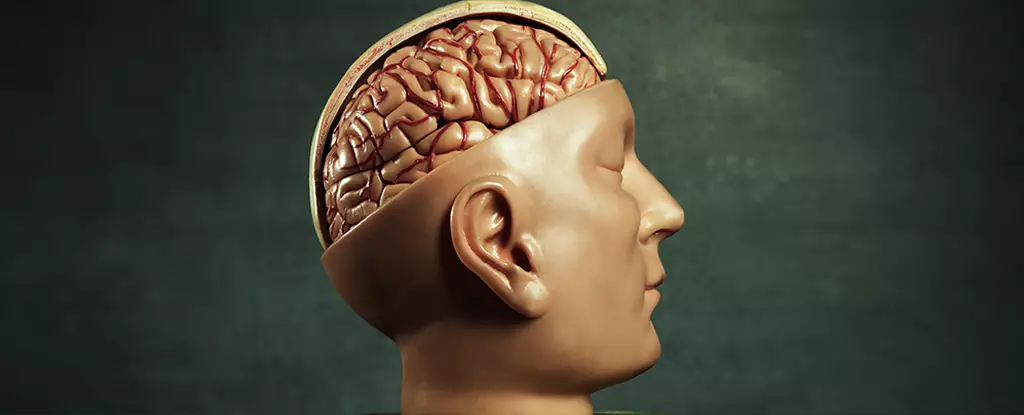The concept of switching brains between bodies has long been a topic of interest, sparking debates and inspiring science fiction works. While the idea may seem like something out of a movie, the reality behind brain transplants is far more complex and challenging.
The Anatomy of the Brain
The brain, a vital organ responsible for sensory information processing and bodily functions, is protected by the skull and surrounding membranes. Accessing the brain requires intricate surgical techniques, such as craniotomy saws to remove a patch of skull. The brain itself is enveloped by three protective membranes, providing stability and protection against damage. Removing a brain from the skull involves navigating through these layers, making it a delicate and intricate process.
One of the key challenges in brain transplantation is the regeneration of nerve cells. Cutting through the 12 pairs of cranial nerves and spinal cord disconnects vital sensory and motor pathways, making it difficult for the brain to communicate with the body. Nerves do not easily reconnect once severed, requiring innovative approaches to promote nerve cell regrowth and restore neural connections. Research into promoting nerve regeneration involves the use of chemicals, cell grafting, and biological glues to facilitate nerve repair.
The Immune Response and Rejection
Another major obstacle in brain transplantation is the body’s immune response to foreign tissues. Transplant surgeries require careful matching of donors and recipients to avoid rejection. The immune system’s natural response is to attack and destroy unfamiliar tissues, which poses a significant risk in brain transplantation. Failure to reconstruct the blood-brain barrier, a protective shield around the brain, could leave the donor brain vulnerable to immune attack, compromising the success of the transplant.
Despite advancements in surgical techniques and medical technologies, brain transplantation remains a highly speculative and ethically complex procedure. The intricate nature of the brain and the challenges of nerve regeneration and immune response make the feasibility of brain transplants unlikely in the near future. While science fiction and films like “Poor Things” offer intriguing insights into the possibilities of brain swapping, the reality of conducting such a complex operation raises numerous ethical and medical dilemmas. The future of brain transplants depends on further advancements in neuroscience, technology, and medical expertise, posing questions about the ethical and practical implications of such a groundbreaking procedure. As we delve deeper into the realms of science and medicine, the idea of brain transplants will continue to captivate our imagination, offering both excitement and trepidation about what the future may hold.

Leave a Reply